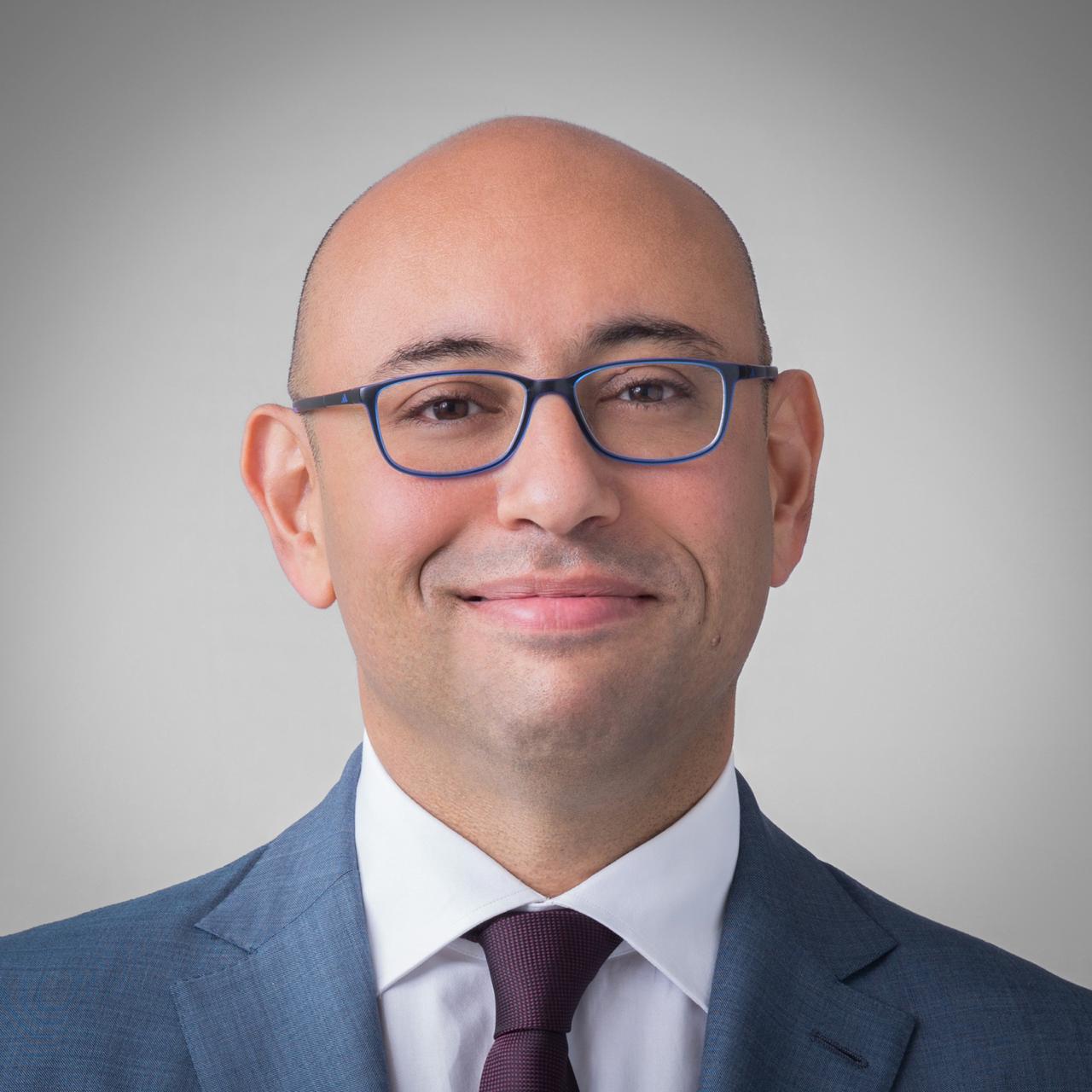Spotlight: Majid Al Futtaim’s strategy to cope with covid-19 disruption

Spotlight on Majid Al Futtaim’s strategy to cope with covid-19 disruption: Like so many businesses across the world, Majid Al Futtaim (MAF) has been put in a tight spot by the onset of covid-19. Over the past weeks, the company has shut its leisure, entertainment, and cinema venues to curb the risk of infection and reassigned employees from these businesses to its Carrefour business, which remains operational.
We sat down with MAF Properties CEO Ahmed Ismail to get the lowdown on how the company plans to navigate the crisis. Edited excerpts from our conversation:
Enterprise: Talk us through the steps Majid Al Futtaim has taken on the property side to address the fallout from the covid-19 outbreak.
Ahmed Ismail: It's very difficult to pretend that it's business as usual in these difficult and unprecedented times. Our four shopping centers — City Center Alexandria, City Center Maadi, City Center Almaza, and Mall of Egypt — were expected to attract nearly 50 mn visitors this year. Then there’s somewhere around 40k employees who work in the shops within these centers, not to mention the suppliers coming in and out. We took a number of preemptive and protective decisions such as restricting travel, encouraging people to work from home, as well as disinfecting our offices, malls, and facilities on a daily basis.
We then moved to restrict trading hours for shopping centers and retail activities before the government imposed its overnight curfew. However, we realized that the curfew didn’t impact foot traffic at our centers, so we decided it was the responsible long-term move to close down our shopping malls, with the exception of Carrefour, pharmacies, and some other essential outlets. In these conditions, especially in the run-up to Ramadan, Carrefour and pharmacies are obviously very important to keep running. Interestingly, we invested a while ago in some innovations at Carrefour such as scan and go, which is now proving to be very popular now that people are looking to make contactless shopping.
During this period of closure, we’re suspending rent for our tenants. This gives them much-needed operational and financial breathing room. We’re also working on reducing all our operating costs in terms of utilities and other expenses, and these savings will be passed on to our tenants through reduced common-area and facility charges.
E: That’s a pretty big break to commit to for a potentially long time.
AI: We're doing what we think is right. We want to make sure that, at least financially, everyone can weather the storm. Perhaps more importantly, we want to ensure that we can reopen in a strong and sustainable way in partnership with our retailers. There’s a balance to be maintained in a situation like this between being grounded in the reality of what’s happening and trying to look ahead and think about the day when things go back to normal and you reopen. If you don’t work with your tenants through these tough times, that day may not be very successful because they might not have the capacity or the trust in the relationship to reopen with the strength you’d like to see.
E: How long do you expect to keep these measures in place?
AI: We’re monitoring the situation to reassess and adjust as matters unfold on almost a daily basis. This is completely uncharted territory, so it’s very difficult to make any predictions. We’re fortunate to have a strong balance sheet that is BBB rated, which is investment-grade, and that gives us financial breathing room.
E: You’ve said that 99.5% of your staff in Egypt are Egyptians. What does work look like now for these staff members on the ground?
AI: We have staff who used to work at our leisure and entertainment centers — Vox Cinemas, Magic Planet, and Ski Egypt — who have been redeployed to Carrefour either in-store or on the online fulfillment side. Carrefour saw an uptick in customer demand during the first three weeks of March, with daily online sales jumping 50% m-o-m.
E: How difficult was this transition for such a large workforce?
AI: We started by implementing very strict work from home and work location policies, which was a fairly smooth transition because we already had tech infrastructure in place from before. Redeploying staff required teaching them some technical skills such as packing bags and cashiering, which are fairly easy to teach if people come from a common understanding of what the company is all about.
The redeployment was a voluntary choice for our staff. We have committed to keep paying our staff their full salaries during the crisis so far, so they were presented with this route as an option, not an obligation. People were welcoming of the idea because it was a good chance for them to grow their skills and exposure to different parts of the business, especially on the e-commerce and online fulfillment side.
E: It’s hard to predict anything, but what are feasible steps businesses and the government can take in the short term to address the current situation?
AI: The government can only do so much. Between the economic stimulus packages and the various public health orders that were issued, that's as far as the government can go. I think that the rest of the responsibility really rests with the community. Large employers, private sector players who have labor-intensive businesses like ourselves have a responsibility to bear in making sure that they partner with the government and help the community in terms of awareness. They have to make the right decisions to ensure that the community weathers this challenge and emerges safe and sound.